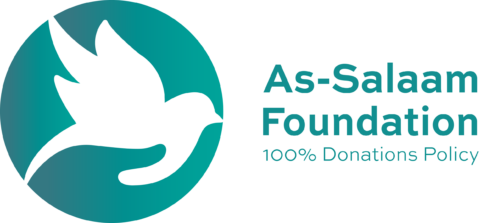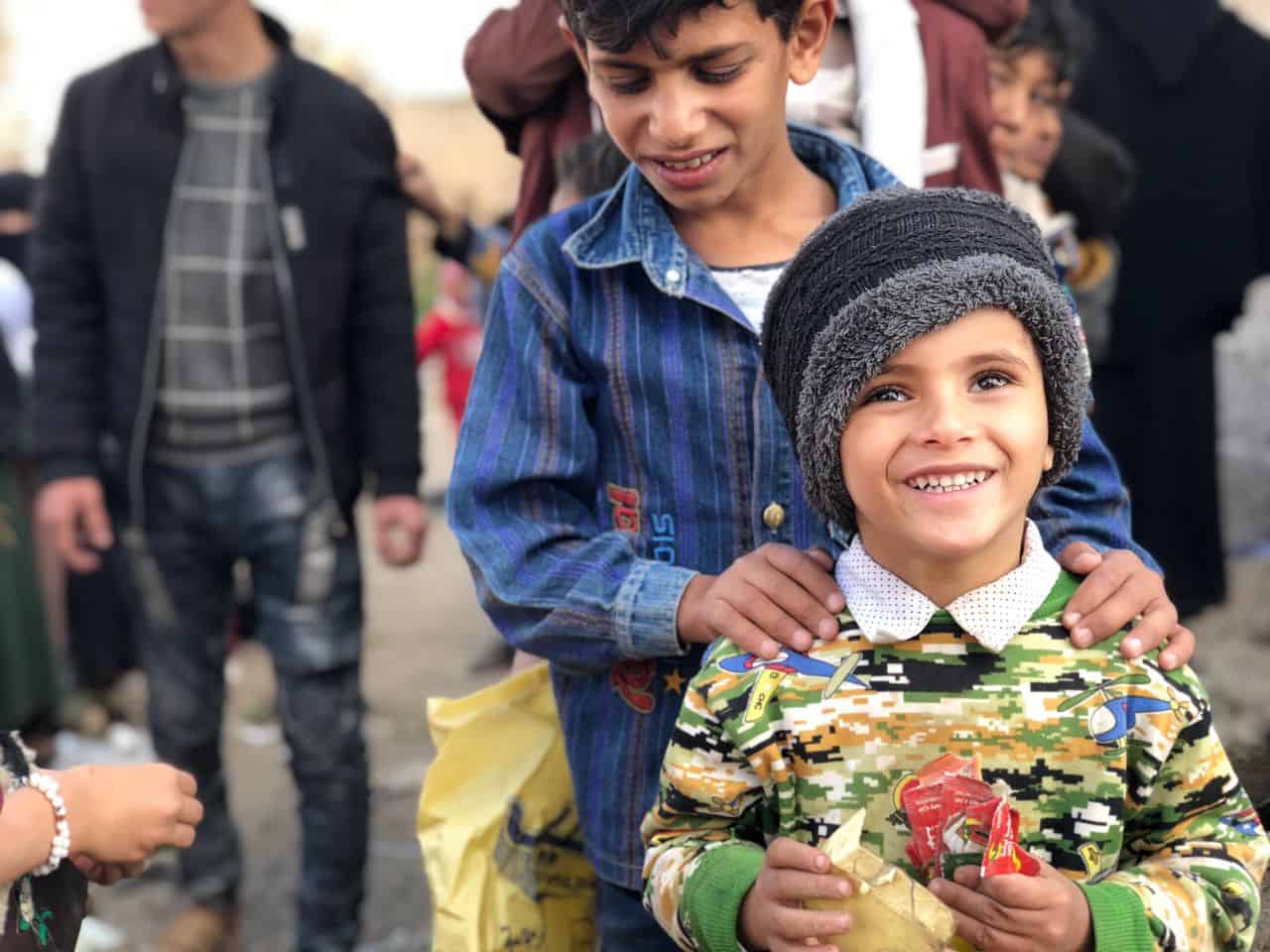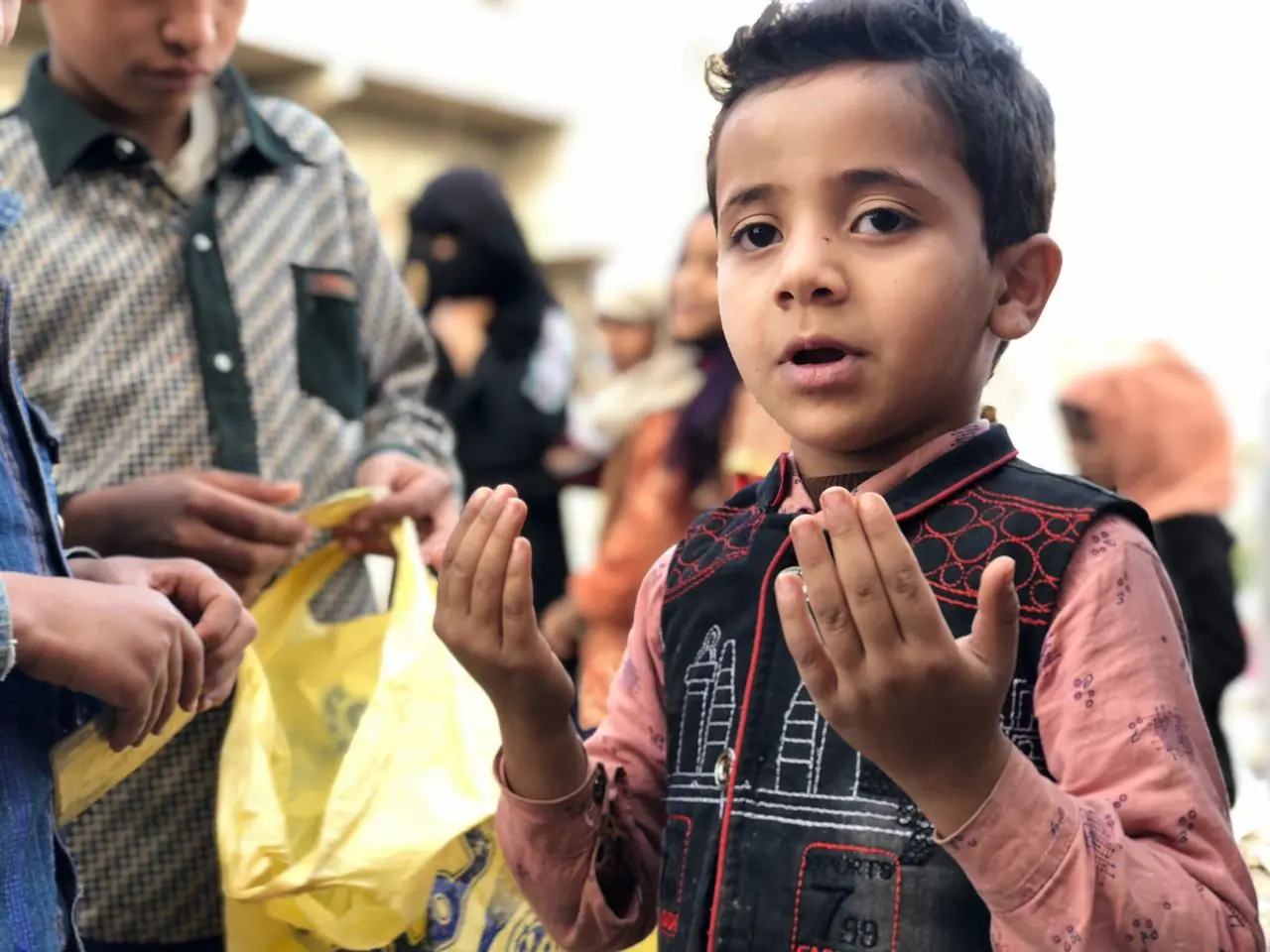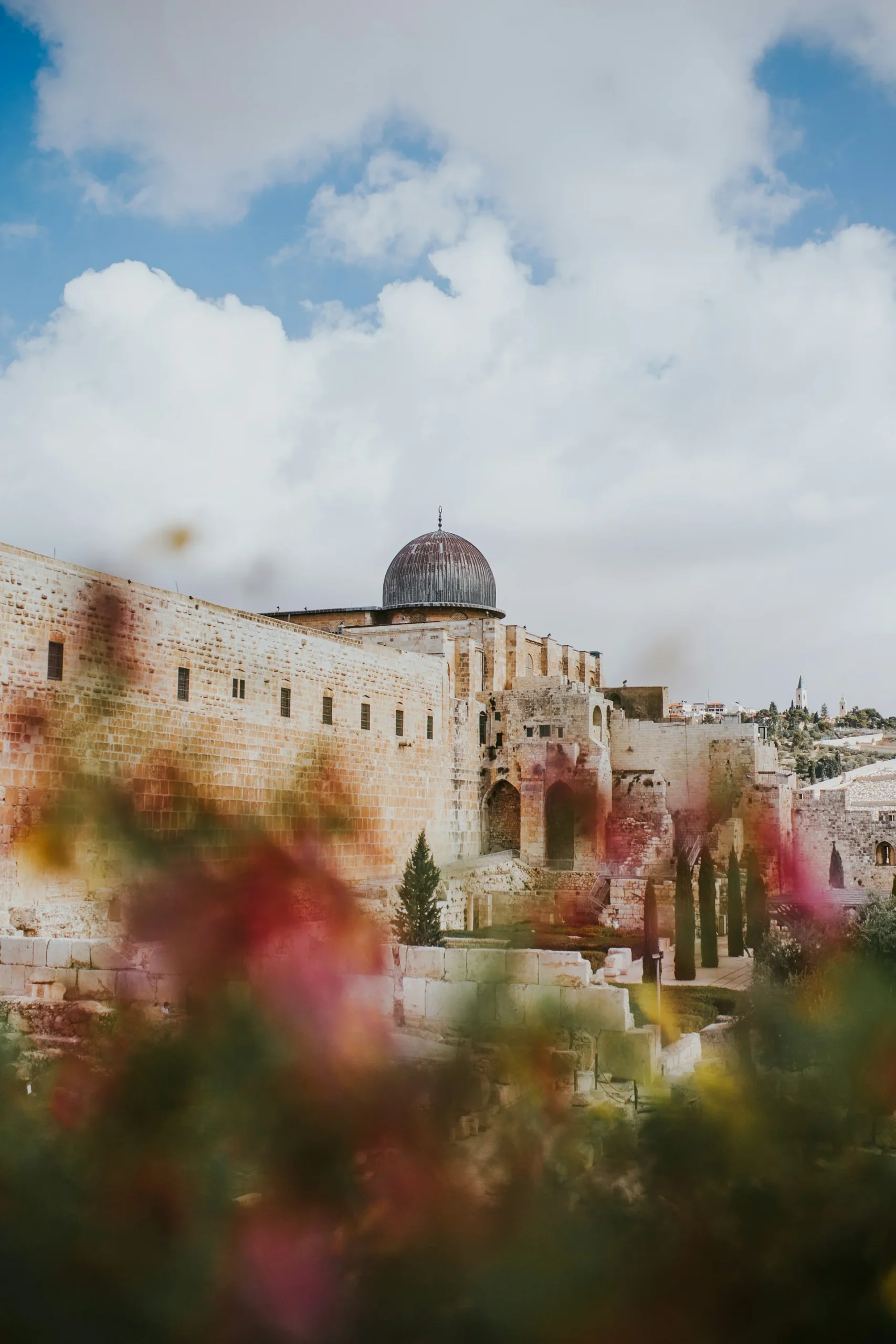“There are 360 joints and each of them owes sadaqah every single day. Every good word is sadaqah. A man’s helping his brother is sadaqah. A drink of water which he gives is sadaqah. Removing something harmful from the road is sadaqah.”
Ibn ‘Abbas (RA)
In Islam, Sadaqah stands as a symbol of compassion, generosity, and selflessness. But what exactly is Sadaqah, and why does it hold such a special place in the hearts of Muslims? Let’s explore the essence of this noble act of giving.
What Does Sadaqah Mean?
Sadaqah is a highly regarded voluntary form of charity in Islam. The word Sadaqah is rooted in the Arabic word “sidq,” which means righteousness and sincerity.
Sadaqah is the act of giving without expecting anything in return, doing it only for the sincere intention to please Allah and to make a positive difference in the lives of those in need. These acts of kindness resonate not only with the recipients but also with the givers themselves, giving them a sense of connectedness to their faith and a deeper understanding of the compassion that is taught in Islam.
Sadaqah is more than just charity; it is a reflection of the goodness that lives within every believer, an expression of Islam in action, and a testament to the boundless compassion that defines the Islamic way of life.
Sadaqah vs. Zakat
While both Sadaqah and Zakat involve giving to those in need, they differ in key aspects. Zakat is obligatory and calculated based on specific criteria, such as wealth and income, while Sadaqah is voluntary and can be given at any time and in any amount. Zakat primarily addresses economic disparities, whereas Sadaqah encompasses a broader spectrum of charitable actions.
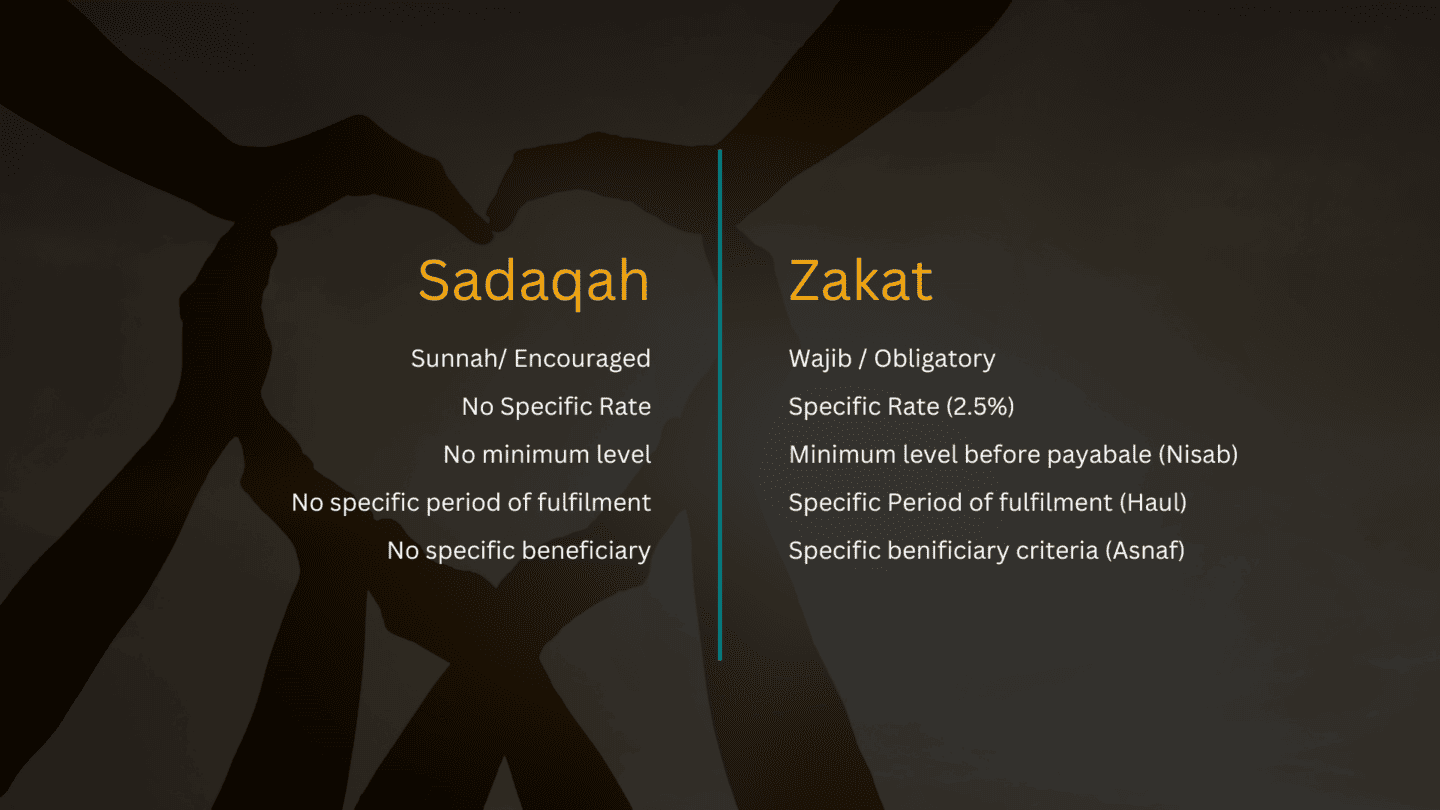
Sadaqah in the Quran
Muslims believe that giving Sadaqah purifies the soul, elevates one’s character, and draws them closer to Allah. It’s a means of self-purification, a reminder that wealth is a trust from Allah, and sharing it with those less fortunate than you is a demonstration of gratitude.
In the Quran, Allah emphasizes the importance of Sadaqah, saying:
“Never will you attain the good [reward] until you spend [in the way of Allah] from that which you love. And whatever you spend – indeed, Allah is Knowing of it.”
(Quran, 3:92)
This verse underscores the idea that Sadaqah should come from the heart, involving a willingness to part with what one holds dear.
Forms of Sadaqah
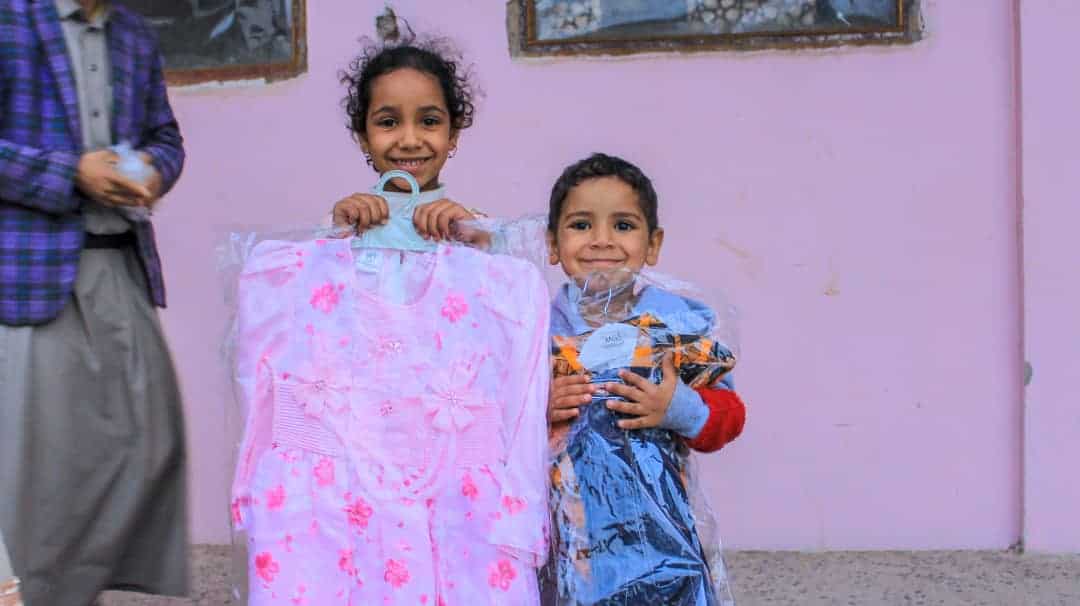
- Giving Money or Material Goods: This is perhaps the most common form of Sadaqah. It involves giving money, food, clothing, or other material goods to those in need.
- Supporting Orphans: Providing financial support, education, and care for orphaned children is a highly rewarding form of Sadaqah.
- Helping the Needy: Offering financial assistance to individuals or families facing financial hardships or crises is a form of Sadaqah.
- Sponsoring a Student: Paying for the education of someone who cannot afford it is a noble form of Sadaqah.
- Volunteering: Donating your time and skills to charitable organizations, community projects, or disaster relief efforts is a valuable form of Sadaqah.
- Planting Trees: Contributing to environmental conservation and planting trees can be a form of Sadaqah, as it benefits the environment and future generations.
- Providing Water: Digging wells or providing access to clean drinking water for communities in need is a significant form of Sadaqah.
- Feeding the Hungry: Hosting or contributing to community iftars (meals to break fast during Ramadan) or distributing food to the hungry is an act of charity.
- Educating Others: Sharing knowledge and teaching others about Islam or other beneficial subjects can be a form of Sadaqah.
- Smiling and Spreading Positivity: Offering a kind word, a friendly gesture, or simply spreading positivity can be a form of Sadaqah by brightening someone’s day.
What is Sadaqah Jariyah?
Sadaqah Jariyah, often referred to as “ongoing” or “continuous charity,” represents charitable actions or contributions that continue to benefit individuals and communities well into the future. Unlike some acts of charity that offer immediate relief, Sadaqah Jariyah provides ongoing rewards and blessings, even after the initial act of charity has taken place.

Examples of Sadaqah Jariyah
- Building a Mosque: Constructing a mosque provides a place for Muslims to worship, seek knowledge, and come together in community for generations to come.
- Giving Away a Mushaf of the Quran: Donating a copy of the Quran is an act of Sadaqah Jariyah as every time someone reads from it, you will also get a share of the rewards.
- Digging Wells or Providing Water Sources: Providing access to clean drinking water through the construction of wells or water infrastructure is a form of Sadaqah Jariyah, as it addresses a fundamental human need for generations.
- Planting Trees or Gardens: Planting trees, which provide shade, oxygen, and fruits, or creating community gardens that yield sustenance for those in need, are acts of ongoing charity that benefit the environment and future generations.
- Publishing Beneficial Knowledge: Producing and distributing books, articles, or digital content that offer valuable knowledge, particularly Islamic knowledge, can be a form of Sadaqah Jariyah as it conintinues to guide and educate people.
Sadaqah Wrapped Up
In essence, Sadaqah is a beautiful expression of sincerity, compassion, and selflessness. It embodies the Islamic principle of caring for one’s fellow human beings and recognizing the blessings bestowed by Allah. Whether through financial contributions or acts of kindness, Sadaqah is a reminder that giving from the heart enriches not only the recipient but also the giver.
As Muslims, we cherish the practice of Sadaqah because it reflects the essence of our faith. It reminds us of the profound connection between our material wealth and our spiritual well-being. Ultimately, Sadaqah is a timeless act that transcends borders and cultures, fostering goodwill and solidarity among all who embrace it.
